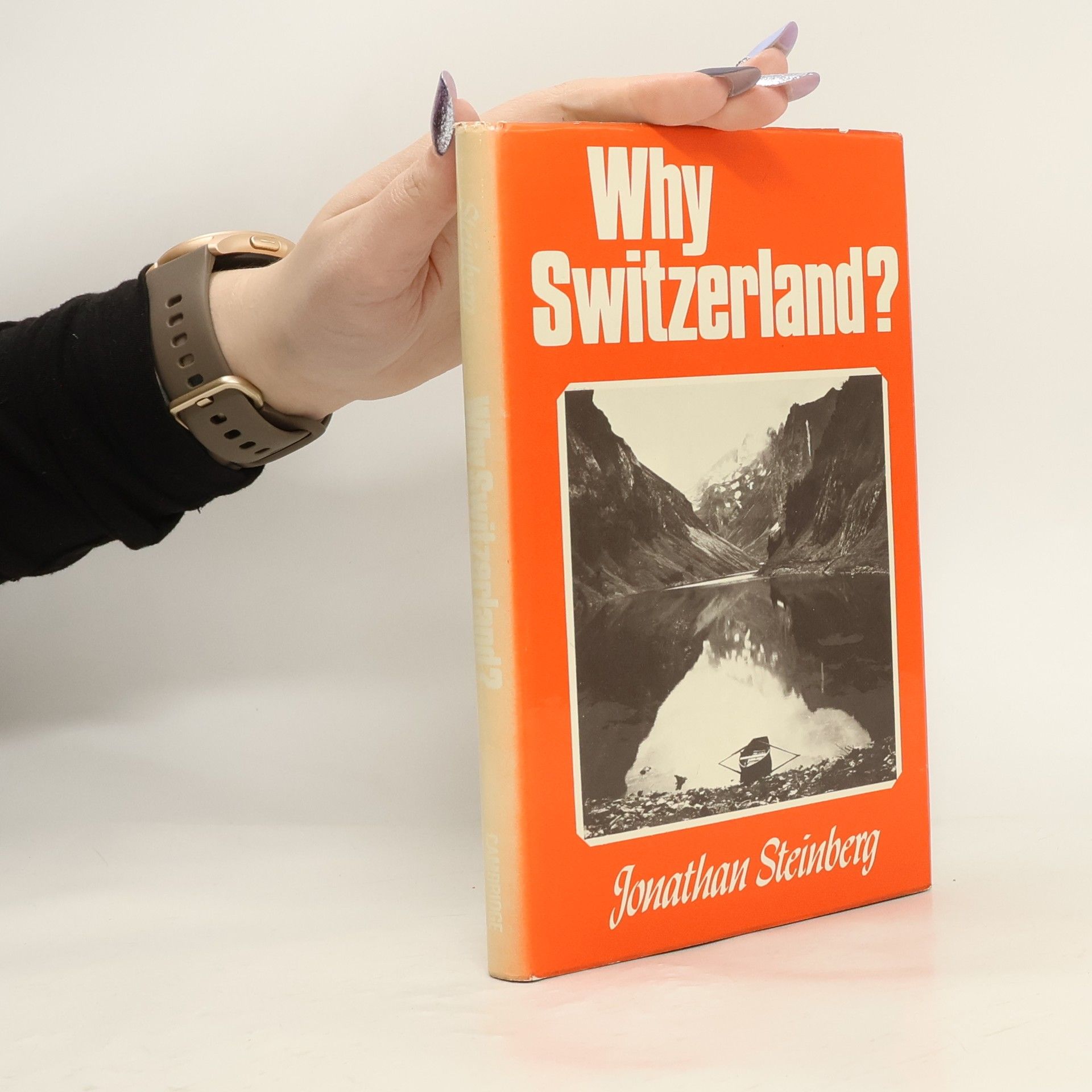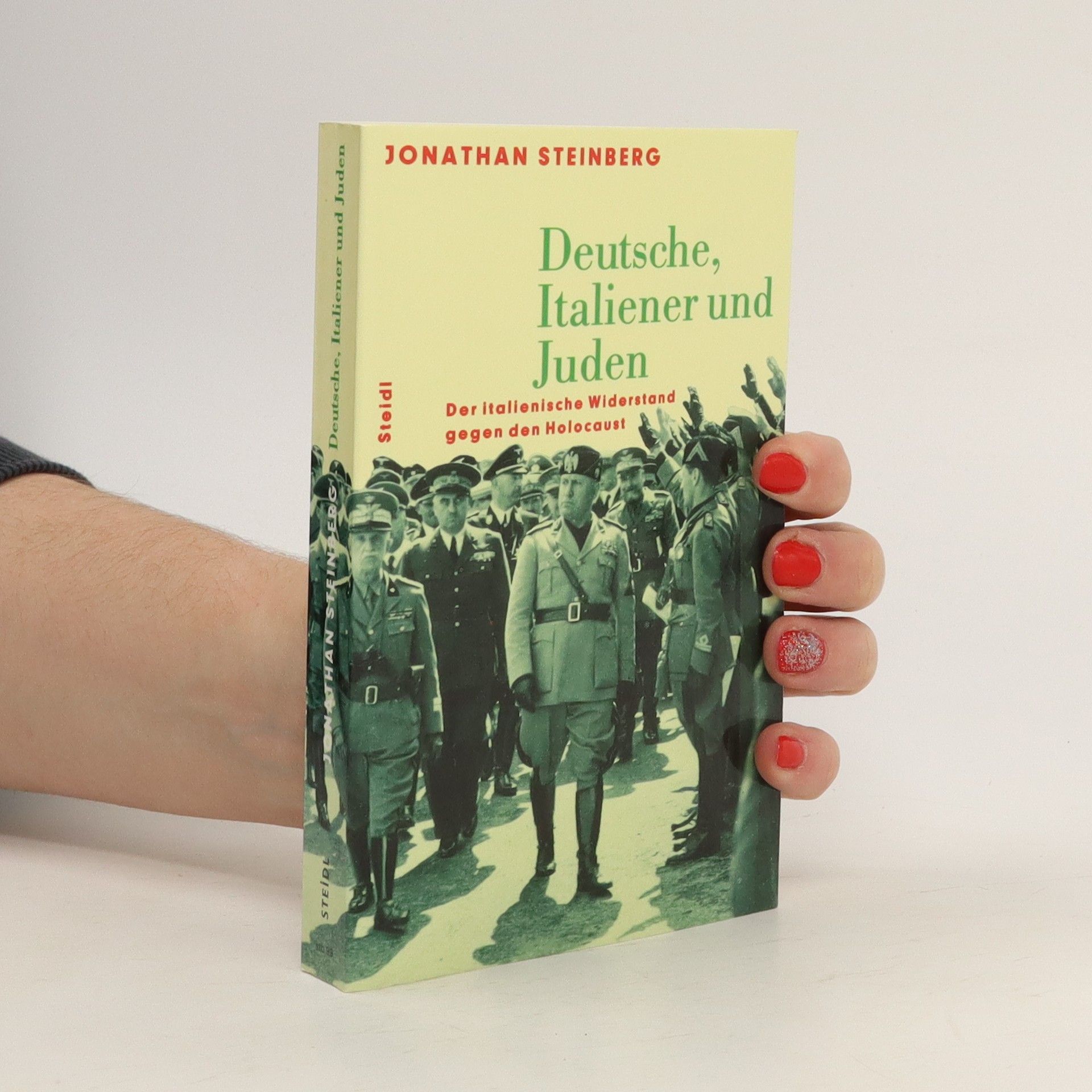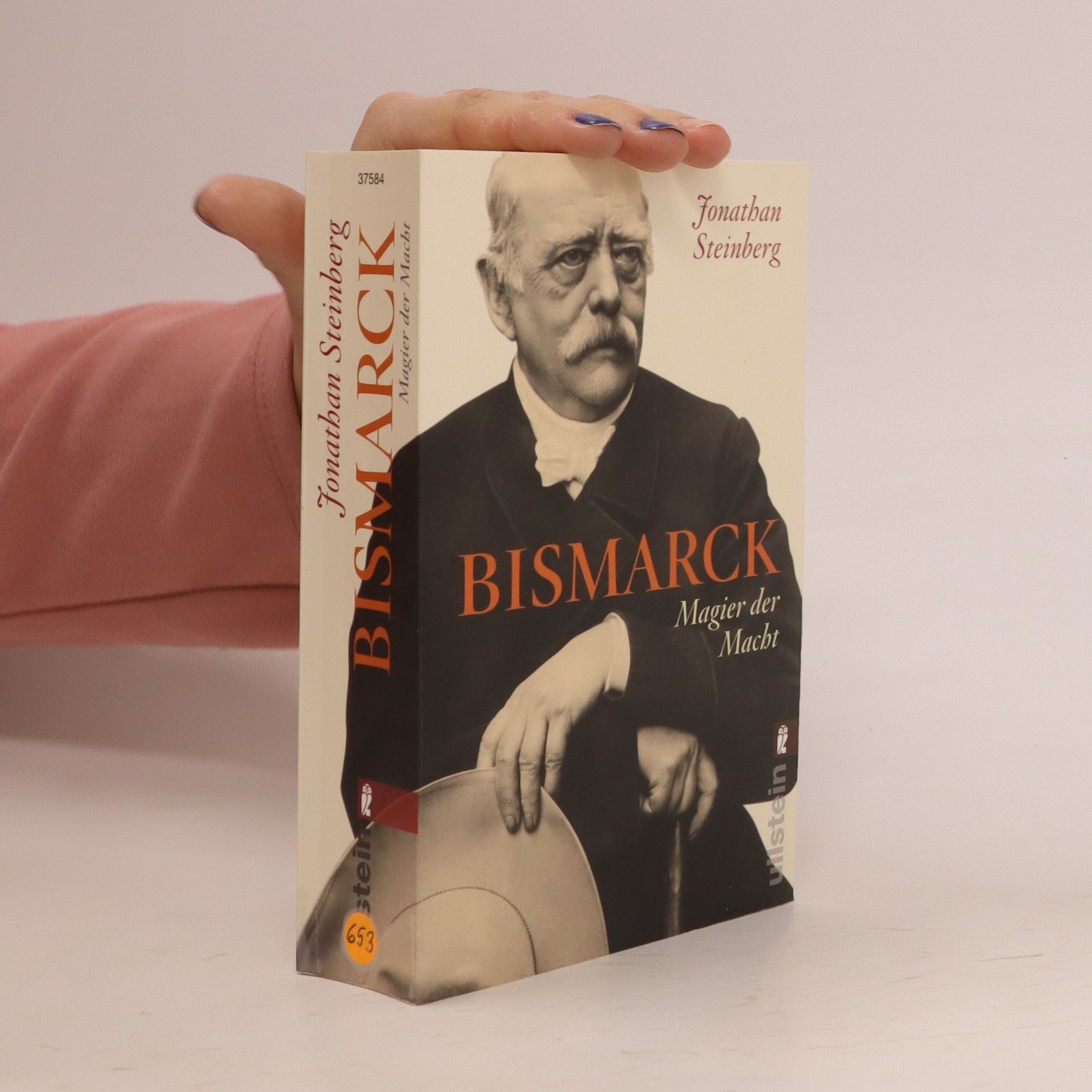Extensions and Restrictions of Generalized Probabilistic Theories
- 88 Seiten
- 4 Lesestunden
Exploring the mathematical foundations of generalized probabilistic theories (GPTs), the book delves into the operational language of quantum theory and the complexities of subsystem integration within convex operational theories. Jonathan Steinberg examines the algebraic nature of sections, categorization structures, and state space transformations. He interprets tensor products as a specific type of section, applying this insight to quantum theory while contrasting it with algebraic approaches. The work culminates in a comprehensive characterization of low-dimensional sections across various quantum systems using matrix pencil theory.




